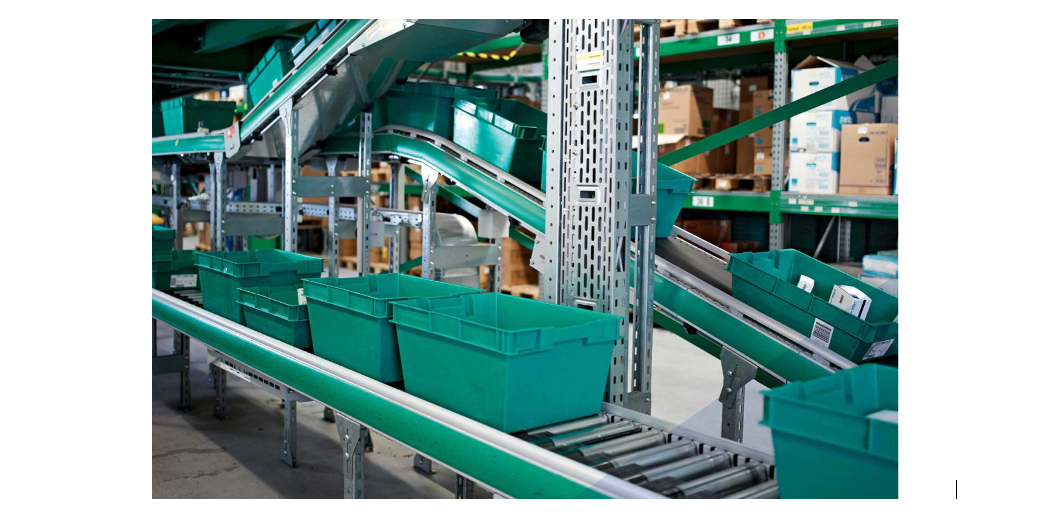Wholesalers, alarm on the economic sustainability of pharmaceutical distribution
Aboutpharma – 28 febbraio 2022
The drug distribution chain is in trouble. The surge in energy prices, the increases in fuel prices and the blockages of hauliers in recent days add up to the sustainability problems repeatedly reported by wholesalers, above all due to the under-remuneration of medicines reimbursed by the National Health Service (NHS) . Adf, the association of pharmaceutical distributors, has written to the government to ask for urgent measures.
Deliveries to pharmacies at risk
“The pandemic was not enough to make it more complicated to maintain the essential public service that drug distribution companies ensure to pharmacies and citizens, despite the under-remuneration that
Increasingly unsustainable costs
In some Regions they are reported major delays in the delivery of the goods to distributors and, warns the association, pharmacies could be left with some empty shelves. “Adf is active in monitoring the situation and reporting the most critical situations so that the appropriate corrective measures can be promptly taken. Our companies ensure the management of the products in air-conditioned rooms and at controlled temperatures. The surge in electricity and gas bills, together with the higher costs of special packaging for the
The appeal
Adf's appeal is addressed to the Government and in particular to the Ministers of Health and the Economy: "We ask to activate urgent and urgent cyclical and structural measures with interventions to safeguard our category and the entire drug supply chain - concludes Farris – and we are immediately ready for discussion and collaboration”.
––––––––––––––––––––––––––––––––––
Ucraina, Farmindustria: “Saliranno i costi e c’è il rischio di carenza dei medicinali
Scaccabarozzi: “Caro energia pesante, per imprese aumenti del 150% e ora difficoltà su materiali imballaggio”
Tutto questo “sta comportando, come abbiamo appurato già da un’indagine sulle aziende, rischi di carenze importanti, che non sono tanto sui farmaci in sé, ma le vediamo soprattutto sui packaging materials, storage, logistics. E’ questa la preoccupazione, che potrebbe” comunque “portare a delle carenze di farmaci”. A spiegarlo è Massimo Scaccabarozzi, president of Farmindustria.
“We cannot retaliate against final consumers or even against states because drug prices are administered, controlled and negotiated – precisa – Quindi tutta la parte dell’incremento dei costi deve essere assorbita dalle imprese. Però questo era già un qualcosa di presente indipendentemente dall’attacco” in Ucraina “e dalla guerra”. Però, osserva Scaccabarozzi, “la guerra può peggiorare questa situazione” che si sta registrando a livello globale. “Noi abbiamo avuto aumenti nell’ordine del 150%. L’impatto” del boom dei costi dell’energia “lo stavamo evidenziando anche nel mese scorso. Tutto questo ha avuto ulteriori aumenti” come effetto.
“E cominciamo ad avere delle problematiche di carenze e rallentamenti non tanto sulla disponibilità di principi attivi, ma per esempio di materiali di imballaggio, ghiere, filtri. Il timore, conclude il numero uno dell’associazione nazionale imprese del farmaco, è che questo conflitto accentui ancora di più questa situazione”.
